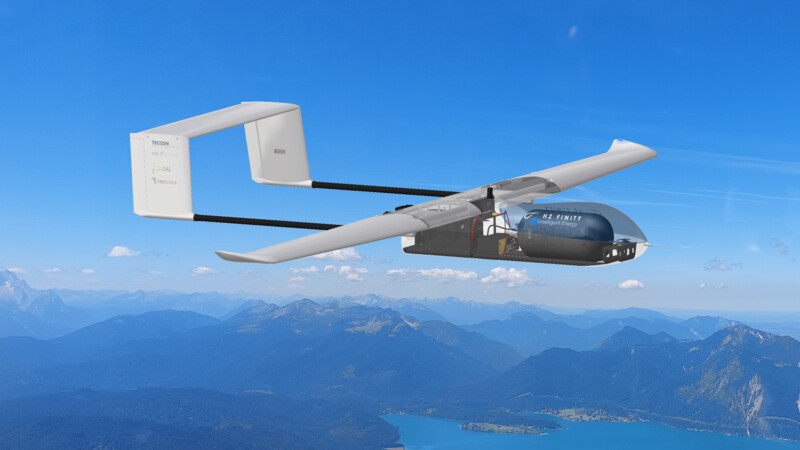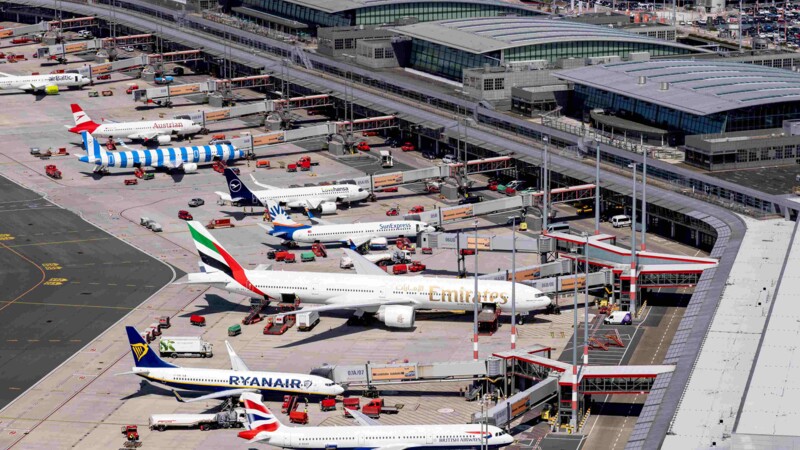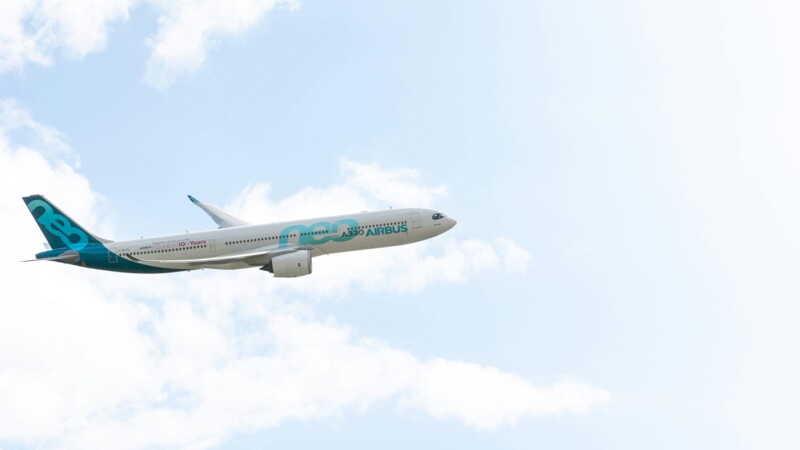“Together, we are making an important contribution to a sustainable and high-performance aviation industry of tomorrow – particularly in avionics, cabin systems, and forward-looking system architectures,” said Prof. Dr.-Ing. Anke Kaysser-Pyzalla, DLR Chair of the Executive Board. “This cooperation successfully continues our long-standing joint activities in safety and defense research.” Both partners will benefit from Hamburg’s unique research infrastructure, its close-knit network of industry and academia, and the proximity to key regional stakeholders. Jörg Schuler, CEO of Diehl Aviation, added: “By combining our industrial expertise with DLR’s scientific excellence, we are creating a strong foundation for innovation and its implementation.” This latest agreement builds on years of successful collaboration and aims to accelerate the transfer of innovations to practical applications, backed by advanced simulation-based development processes.
Diehl Aviation and the German Aerospace Centre (DLR) are pooling their expertise to come up with pioneering, forward-looking solutions for civil aviation, a press release said Thursday (July 3, 2025). The collaboration will focus on developing intelligent cabin concepts, efficient onboard systems, and low-emission technologies.
Innovations for sustainable and efficient aviation
Hamburg one Europe's top aviation centres
The new agreement highlights Hamburg’s strategic importance and its ideal conditions for technological progress and transforming the aviation industry. The Hamburg Metropolitan Region is one of Europe's top aviation centres, alongside Toulouse and Seattle, making it one of the world's three leading civil aviation centres.
Hamburg also offers great conditions for progress in key technology fields such as sustainable energy and alternative propulsion systems, innovative manufacturing technologies, aircraft innovations and sensor and measurement technology. Industry, research and politics have joined forces to come up with climate-friendly propulsion systems, digital production procedures and new aviation concepts. Around 50,000 staff are employed in some 300 companies in the aviation sector. Gross value added came to EUR 6.9 billion in 2024 making the industry a catalyst of growth in the region, according to a recent study by the Hamburg Aviation Cluster.
mm/sb
Sources and further information
More
Similar articles

Key decisions needed in aviation

Aviation becoming environment-friendlier

Aviation now key economic driver
